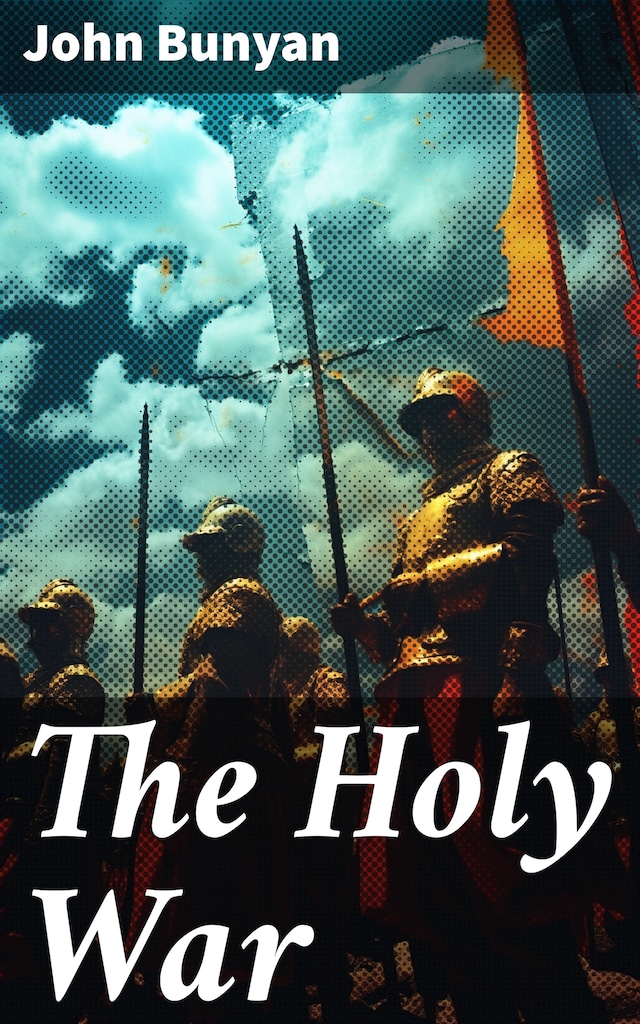
The Holy War
Historical Novel
Description of book
In "The Holy War," John Bunyan masterfully weaves an allegorical tale that explores the perpetual struggle between good and evil, embodied in the conflict over the city of Mansoul. Written in a narrative style rich with biblical allusions and vivid imagery, Bunyan employs a clear, didactic approach to depict the spiritual warfare experienced by humanity. This work, published in 1682, reflects the author's Puritan background and his intent to convey moral and theological truths amidst the tumultuous backdrop of 17th-century England, a period deeply influenced by religious conflict and personal faith crises. John Bunyan, an ardent Puritan preacher and author, faced significant personal trials, including his imprisonment for his nonconformist beliefs. These experiences shaped his literary voice, imbuing his works with urgency and a profound understanding of the human condition in relation to divine grace. "The Holy War" stands as a testament to his deep engagement with scripture and his desire to elucidate the complexities of spiritual struggle, informed by his own arduous journey through doubt and certainty. Recommended for both scholars and general readers, "The Holy War" offers a compelling exploration of internal conflict and redemption. Bunyan'Äôs allegory invites readers to reflect on their own spiritual battles and the nature of faith, making this text as relevant today as it was in the 17th century. Its rich symbolism and didactic purpose render it a significant piece in the canon of Christian literature.
 John Bunyan
John Bunyan 332 Pages
332 Pages